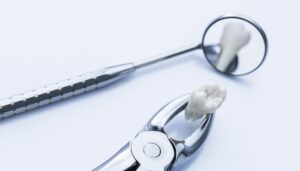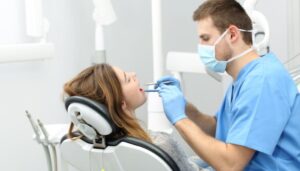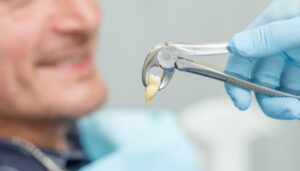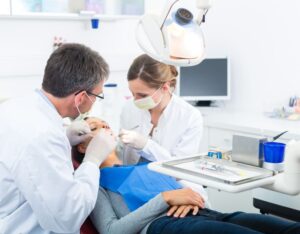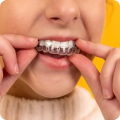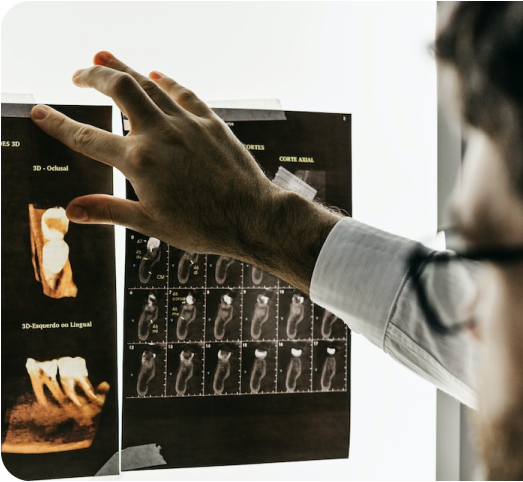Dental emergencies can be painful, disruptive, and often require immediate attention from an emergency dentist. Whether it’s a sudden toothache, a knocked-out tooth, or a broken crown, many of these situations can be prevented with proper care and precaution. In this guide, we’ll explore some practical tips for protecting your teeth and avoiding the need for emergency dentistry. Let’s help you keep your smile healthy and pain-free! What Is Emergency Dentistry? Emergency dentistry refers to urgent dental care provided when there’s a sudden issue affecting your teeth, gums, or mouth that cannot wait for a regular appointment. Common dental emergencies include severe toothaches, chipped or cracked teeth, lost fillings, and dental infections. In these situations, an emergency dentist can offer immediate relief and prevent further damage to your teeth. While accidents happen, many dental emergencies are avoidable with the right precautions. Below, we share some tips to help you steer clear of painful and costly emergency dental visits. Tips for Avoiding Dental Emergencies 1. Maintain Regular Dental Checkups The best way to prevent dental emergencies is by scheduling routine visits to your dentist. Regular checkups allow your dentist to catch and address potential issues—such as cavities, gum disease, or weak fillings—before they become emergencies. By detecting these problems early, you can avoid sudden, unexpected pain and the need for emergency treatment. If you’re in the Lewisville area, be sure to look for emergency dentistry in Lewisville options, as some clinics offer both routine and emergency care under one roof. 2. Practice Good Oral Hygiene Strong oral hygiene is the foundation of a healthy smile. By brushing twice a day with fluoride toothpaste, flossing daily, and using an antibacterial mouthwash, you can significantly reduce the risk of developing cavities, gum disease, and infections. Poor oral hygiene often leads to decay, which can suddenly escalate into an emergency if left untreated. Regularly cleaning your teeth also helps prevent the buildup of plaque and tartar, which are known contributors to tooth decay and gum issues. These problems, when left unchecked, often result in pain that requires immediate attention from an emergency dentist. 3. Protect Your Teeth During Sports and Physical Activities Sports-related injuries are a leading cause of dental emergencies. Whether you’re playing contact sports like football or engaging in activities such as cycling, it’s essential to wear a mouthguard to protect your teeth. A custom-fit mouthguard from your dentist provides better protection than over-the-counter versions and can prevent common emergencies like chipped or knocked-out teeth. Even non-contact sports, such as skateboarding or skiing, can result in falls that lead to dental trauma. Investing in a mouthguard is a small price to pay for protecting your smile and avoiding a costly visit to an emergency dentist. 4. Avoid Chewing on Hard Objects Many people have a habit of chewing on non-food objects like pens, fingernails, or ice. These habits can lead to chipped or broken teeth, which may require emergency dental treatment. Your teeth are designed for chewing food, not hard objects, so be mindful of what you put in your mouth. Additionally, avoid using your teeth as tools to open packages or bottles. Doing so can cause significant damage to your enamel and lead to cracks or breaks that may necessitate an immediate trip to an emergency dentist. 5. Address Dental Issues Promptly If you notice a small issue with your teeth, such as a slight crack or minor tooth pain, it’s essential to address it right away. Minor problems can quickly worsen if ignored, turning into dental emergencies that require urgent care. For example, a tiny cavity can grow into a large one, leading to severe pain or even an abscess. By visiting your dentist at the first sign of trouble, you can prevent these issues from escalating and reduce your chances of needing emergency dentistry in Lewisville. 6. Be Mindful of What You Eat Your diet plays a significant role in your oral health. Avoid consuming foods that are overly hard, sticky, or sugary, as these can contribute to tooth decay and increase the risk of chipped teeth. Sugary snacks and drinks, in particular, fuel bacteria that cause cavities, leading to potential dental emergencies. Instead, opt for a diet rich in fruits, vegetables, dairy, and lean proteins to promote healthy teeth and gums. Drinking plenty of water also helps wash away food particles and neutralizes harmful acids, keeping your teeth strong and healthy. 7. Know Where to Find Emergency Dentistry in Lewisville Even with the best care, accidents can happen. It’s important to know where to find reliable emergency dentistry in Lewisville so you can act quickly when needed. Look for a dental practice that offers emergency services, ensuring you have access to care when it matters most. When to Seek Emergency Dental Care Despite your best efforts, some situations may still arise that require an emergency dentist. If you experience any of the following, seek care right away: Don’t ignore these signs, as delaying treatment can lead to more severe problems or permanent damage to your teeth. Protect Your Smile and Avoid Dental Emergencies Taking proactive steps to care for your teeth can prevent most dental emergencies. By maintaining regular dental checkups, practicing good oral hygiene, wearing a mouthguard during physical activities, and addressing dental issues early, you’ll significantly reduce your chances of needing urgent care. However, if you do find yourself in need of an emergency dentist, having a reliable provider of emergency dentistry in Lewisville can make all the difference. Keep their contact information handy for peace of mind. Take charge of your dental health today! Schedule a routine checkup with a trusted dentist and stay proactive in protecting your teeth. If an emergency arises, don’t hesitate to reach out to an emergency dental clinic for immediate help. Your smile deserves the best care!
